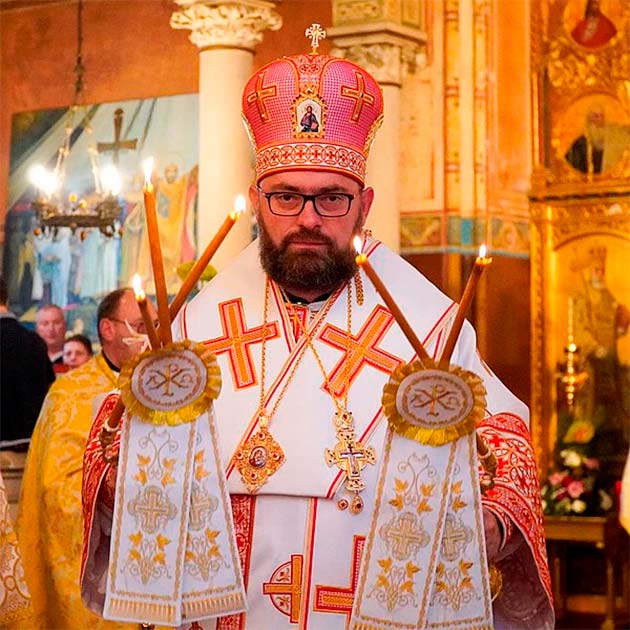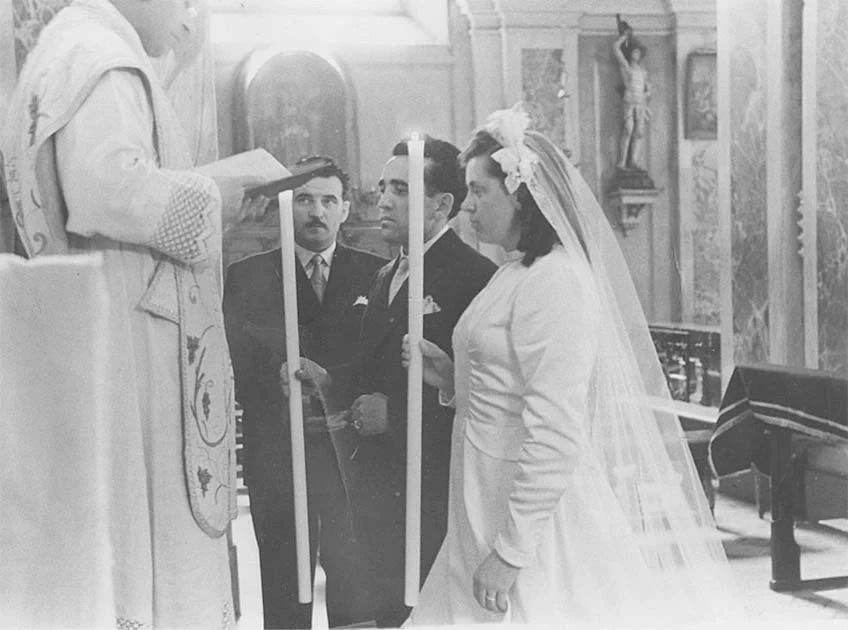Catholics today don’t follow the word of God as set down in the Bible. The version of Catholicism that is practiced by millions around the world has been altered by two millennia of additions from Popes and Cardinals, who started by defining what should be included in the Bible in the first place and then added all sorts of additional rules and beliefs as the centuries passed.
This is true of all religions, of course. Nor is it necessarily a problem for the faithful, who see such additions as necessary inclusions, as after all they come from God reaching out privately to church leaders from time to time to tweak His message.
But for the rest of us, looking dispassionately at a Catholic Church grown extraordinarily wealthy through the donations from the poor and needy, a church beset with scandal and sin, there might be room for doubt. Even the most ardent believer must surely admit that a few bad apples got through, and that some of the rules Catholics follow may have been completely made up.
The real problem comes when Catholic policy, crystallized over the years into dogma and the “truth” of the church, starts to contradict the original message of the Bible. Here are seven examples of such departures from the Word of God.
1. Clerics should not have their own Uniforms
Catholic priests, whether in their standard dog collar and black or the more foppish getup they use on Sundays, are a very recognizable bunch. But this seems to have come out of a drive for brand recognition (an accusation which could also be levelled at their architecture) rather than following the instructions laid down by Jesus.
You could argue that they can wear what they want, but this is not some later addition for the veneration of their God. The Bible in fact does take a stance on clerical dress, and it is pretty clear.

Matthew 23:4-5 clearly mocks such outfits as material aggrandizement, stating that such people “bind heavy burdens, hard to bear, and lay them on men’s shoulders” but that they themselves only “enlarge the borders of their garments”.
2. All Christians are Priests
Much of the power of the Catholic Church comes from its representatives acting as intermediaries between common folk and God Himself. The lay population could not speak to God directly, they needed a priest to talk to Him for them.
- Apollonius of Tyana Similarities to Jesus Christ
- Patron Saints: Your Afterlife Advocate for Almost Anything
Obviously this provides a material advantage for the priest, who finds himself in a position of power. Criticism of this was among the many abuses of the Church noted by Martin Luther, which led to Protestantism and the fracturing of Christianity in the 16th century.
And, if you read your Bible, Luther was right. The First Book of Peter 2-5; 9, describes all Christians explicitly as a “holy priesthood” and a “royal priesthood” and there is nothing in the Bible to suggest that all Christians cannot speak to God directly if they wish. Perhaps the priesthood inserting themselves into religion as holy gatekeepers had more to do with material gain, after all.
3. Priests should not be Addressed as “Father”
This might not seem like a massive problem, but in truth this is one of the most egregious departures from scripture in all of Catholicism. Interpretation of the Bible is sometimes difficult, and often inferences have to be made based on actions of key characters rather than their clear instructions.
However sometimes there are clear instructions, and these especially should be followed to the letter. Matthew 23:9 states baldly: “do not call anyone on Earth your father; for One is your Father. He who is in heaven.”
As the Church leaders and the priesthood assumed this mantle, they were essentially co-opting Matthew’s point and claiming divinity for themselves as well. If they know their Bible, then they are knowingly raising themselves to the equal of God. And that’s a big no-no.
4. Bishops Can, and Should, get Married
Some of the latter day problems of the Catholic Church stem from the disconnect between the clergy and the normal lives of everyone else. Some have wondered aloud how closeted (in the monastic sense) individuals, who do not raise families and do not interact with each other as most do, can offer advice on how to live to the rest of us.
The obvious answer is that they can ask God for advice, but then see point 2. But the impracticalities remain and it has been shown time and again that the clergy do not understand the pressures that the lay population feel, and that their management of their spiritual family does not show an understanding of how to manage an actual family.

The Bible saw this coming, and recognized that those who understood how to care for their own families would also understand how to care for others. The First Book of Timothy, 3:2-5 recommends that a bishop be “the husband of one wife” (as opposed to many, but let’s leave that alone for now) “for if a man does not know how to rule in his own house, how will he take care of the church of God?”
5. All Christians are Saints
Saints, and the process by which they are selected, are one of the most complex and convoluted frameworks the Catholic Church has built up over the years on nothing. They have even found themselves turned about by their own rules, which require saints to have demonstrably performed miracles: many more recent miracles could easily be glossed as minor coincidences that luckily happened when the proposed saint was nearby.
- Peter’s Pence: The 1,000 year old Catholic Poll Tax
- Land of the Rising Sun: Did Jesus Retire To Rural Japan?
In truth, nothing of the selection process or the concept of saints (or relics, or divine pardons, or the Crusades, any of the accumulated dogma which surrounds especially good Catholics) comes from the Bible at all. The idea is little more than a wild extrapolation based on a namecheck from the First Letters to the Corinthians.

1 Corinthians 1:2, right at the top, states clearly that “those who are sanctified in Christ Jesus, called to be saints” and the message is clear: saints are simply those who follow Jesus. You could argue the Paul himself was trying to sell nascent Christianity to the Corinthians by promising they would be favored by his new God. But if you want to take the sales patter that far back then you have almost nothing left on which to build your church at all.
6. Stop all the Bank Holidays
Almost every single day on the calendar is associated with a saint, or some other aspect of the Catholic church, as is almost inevitable when you have millennia of candidates and only 365 slots to fill. The problem with this is that the original message of Christianity was that this was explicitly bad.
Galatians 4:9-11 criticizes worshippers for turning “again to weak and beggarly elements, to which you desire again to be in bondage? You observe days and months and seasons and years.” The message is clear: no single day should be set aside as extra special, and all days should be spent in the same state of grace with your God.
Of course, fundraising is a lot easier if you have focal points for a charity drive, and Christmas is the necessary oil that lubricates the wheels of consumerism, so that went out the window as the years went by. Although ironically, the sheer number of saints days paints an argument for a de-facto realization of the original intent: the calendar is now so crowded there is always a reason to be focusing on God.
7. Worshipping Mary
The Catholic Church’s fixation on Mary, mother of Jesus, is one of the core pillars of their faith and their religion. The veneration of Mary is almost on a par with God Himself, and for an outsider this would seem to be problematic: Mary is not a god, after all.
It would seem that the Bible saw this too, and showed additional foresight in worrying about cults forming around the mother of Christ and distracting from the main event. This one comes from God himself, as Jesus found Himself facing just such a situation.

In Luke 11:27-28 a woman listening to Jesus shouted out “Blessed is the Womb that bore you!” Jesus singled her out and replied “More than that, blessed are those who hear the word of God and keep it.” So it would seem that 2,000 years of the adoration of Mary is another castle built on sand.
Top Image: Cardinals during the 2016 Consistory: they are dressed in a way the Bible specifically calls out as inappropriate. Source Centro Televisivo Vaticano / CC BY 3.0.
By Joseph Green